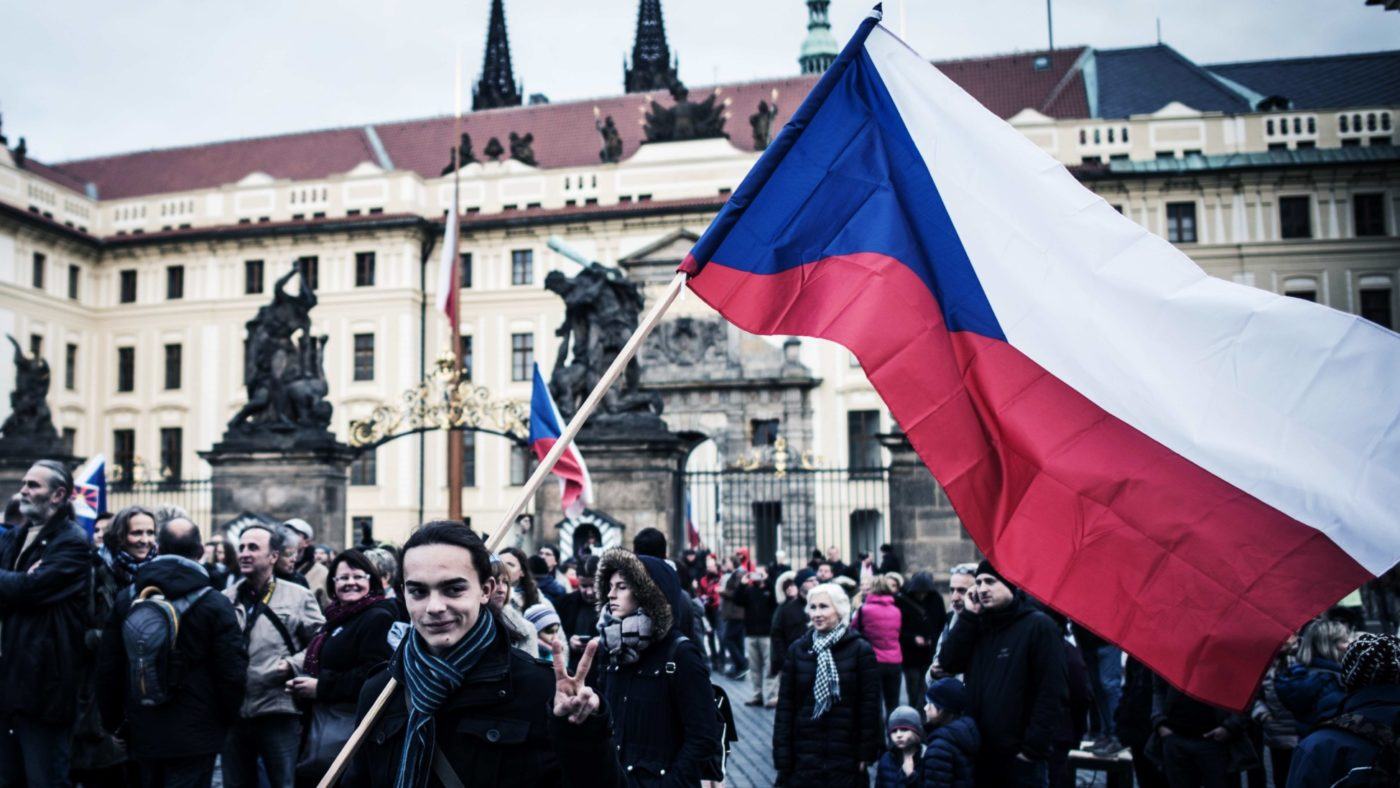As a postgraduate at the University of St Andrews in the early 2000s, I got to meet a number of Scottish politicians, including one of the university’s more famous graduates, Alex Salmond. During my brief encounter with the former leader of the SNP and First Minister of Scotland, I offered a (completely unsolicited) argument in favour of Scottish independence.
It would, I argued, kill Scottish socialism once and for all.
That belief, which I still hold, in spite of a deep emotional support for the unity of Great Britain, is even more relevant today, as Salmond’s successor, Nicola Sturgeon (will there be a First Minister called Mr. Haddock in the future, I wonder?), agitates for yet another independence referendum.
In the early 1990s, I witnessed the dissolution of my home country of Czechoslovakia. Like Great Britain, which is constituted of dominant England and much smaller Scotland, Wales and Northern Ireland, Czechoslovakia was made up of Czech lands (Bohemia and Moravia) and much smaller Slovakia. Ruthenia, which was part of Czechoslovakia between 1918 and 1939, was lost to the Soviet Union after World War II.
Like the Scots, the Slovaks resented their much larger neighbour and clamoured for more autonomy. Like the English, the Czechs were not always sensitive to Slovak complaints and paid scant attention to the impact of policies dreamed up in the Czech (as well as Czechoslovak) capital of Prague on Slovakia. The controversial decision of the Prague government to shut down arms manufacturing in Slovakia following the Velvet Revolution in 1989 was a case in point.
That said, Slovakia in the early 1990s was in no position to demand greater independence (confederation) from the Czechs. Slovaks received a large annual subsidy from the Czechs and would have been hard pressed to balance their books as an independent nation. Moreover, most of the Czechoslovak civil service was made up of Czechs or Slovaks who would, it later turned out, continue to live in the Czech metropolis rather than move to the much more provincial Slovak capital, Bratislava.
Still, the Slovak nationalists assumed that they could subject the Czechs to emotional blackmail – demanding more autonomy and more handouts in exchange for Czechoslovak unity. What the Slovaks did not count on was the iron will and principled resolve of the Czech Prime Minister, Vaclav Klaus.
Klaus, who served as Czechoslovak Finance Minister before ascending to the Czech Premiership, was not a sentimental man. He was determined to go ahead with far-reaching free-market reforms, which he knew the Czech lands needed in order to break-out of the communist rut. He took a dim view of the financial transfers to Slovakia and of the socialist bent of the Slovak government.
If Slovak economic reforms dragged behind those of the Czech, he reasoned, the common currency would be destabilised and Czech lands would suffer. Shortly after the 1992 election, which produced a reformist government in the Czech lands and a statist government in Slovakia, he proposed to dissolve the country. Slovak demands for greater autonomy backfired and Czechoslovakia ceased to exist on January 1, 1993.
Over the next five years, the Czechs powered ahead with their reforms and soon saw impressive GDP growth rates and massive inflows of foreign direct investment. The Czech post-communist recession was very shallow and unemployment, which grew as unproductive factories were forced to shut down, soon gave way to healthy job and income growth.
The early years of Slovak independence were close to catastrophic. The heavily-regulated economy was artificially stimulated through heavy borrowing. Even so, the treasury ran large deficits and by 1998, the country was within a hair’s breadth of bankruptcy. Moreover, under assault for mismanagement and corruption, the government grew increasingly authoritarian, which resulted in Slovakia’s international isolation.
Then, in 1998, Slovaks kicked out the nationalists and elected a reformist government, which proceeded to liberalise the economy, privatise loss-making state-owned enterprises and massively improve the country’s business environment. In 2004, Slovakia entered both NATO and the European Union.
In 2005, the World Bank declared Slovakia the “most reformist” country in the world. A year later, the economy registered a growth of close to 11 per cent. Blinded by nationalism, Slovaks underestimated the difficulty of establishing an independent state and earning their livelihood in a competitive world. In the end, however, they were forced to reform by sheer necessity.
The parallels with Scotland should be obvious. While the Scots resent their much bigger neighbour in the south, they are heavily reliant on English subsidies, which are bound to grow larger as Scottish oil becomes scarcer and falls in price due to the fracking revolution in the United States.
It is that subsidy that allows Holyrood to maintain a much more socialist economic model than would be the case if Scotland had to fend for itself. The English are putting up with Scottish dependence and periodic hissy fits because of a deep emotional commitment to the Union by a succession of British leaders.
That is an emotion I fully share, yet I also believe that independence is exactly what Scotland needs in order to rid the birthplace of Adam Smith of socialism once and for all – after a brutal but necessary learning experience, like Slovakia’s.


